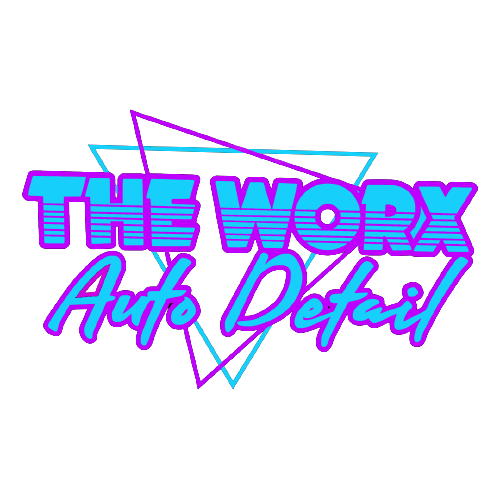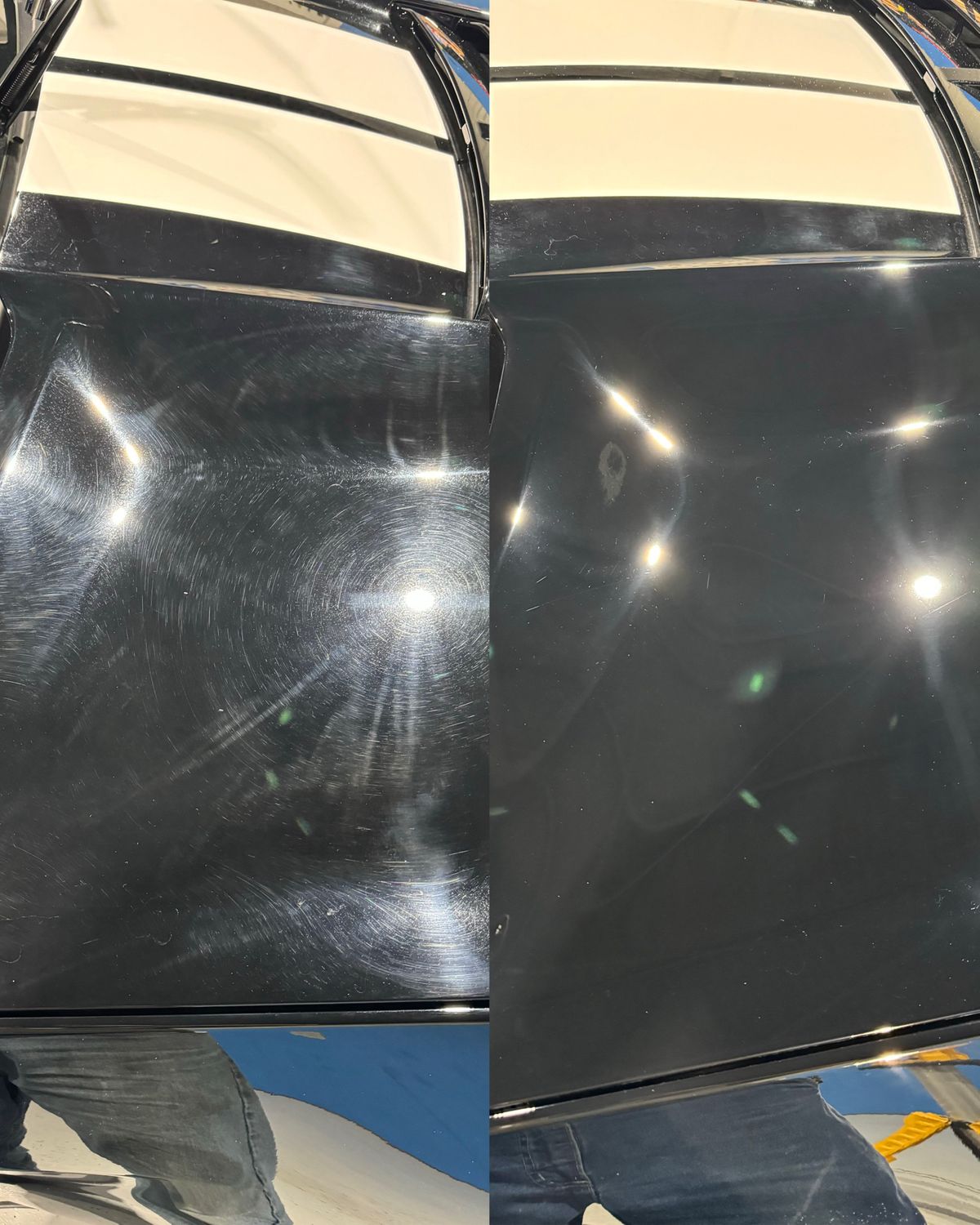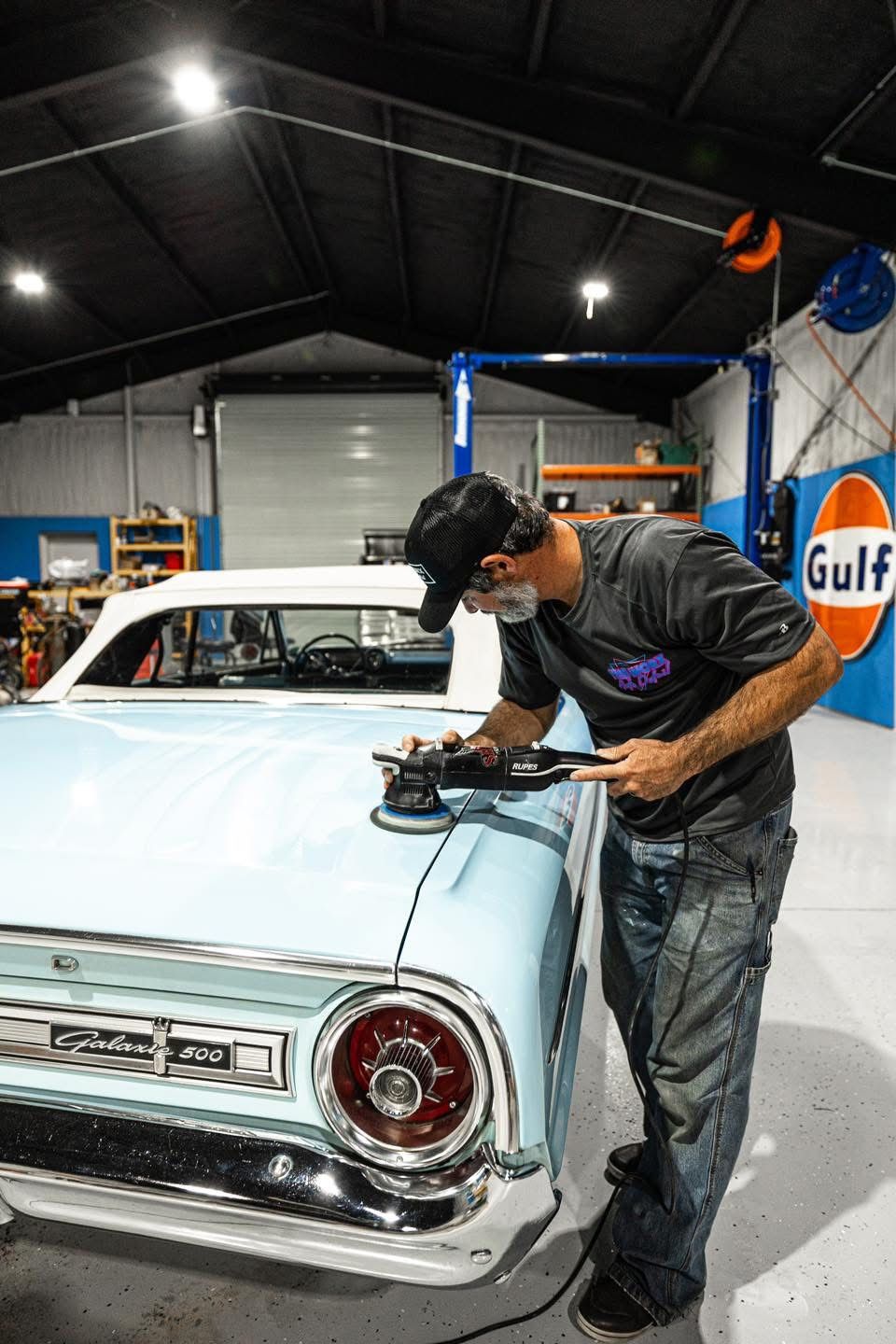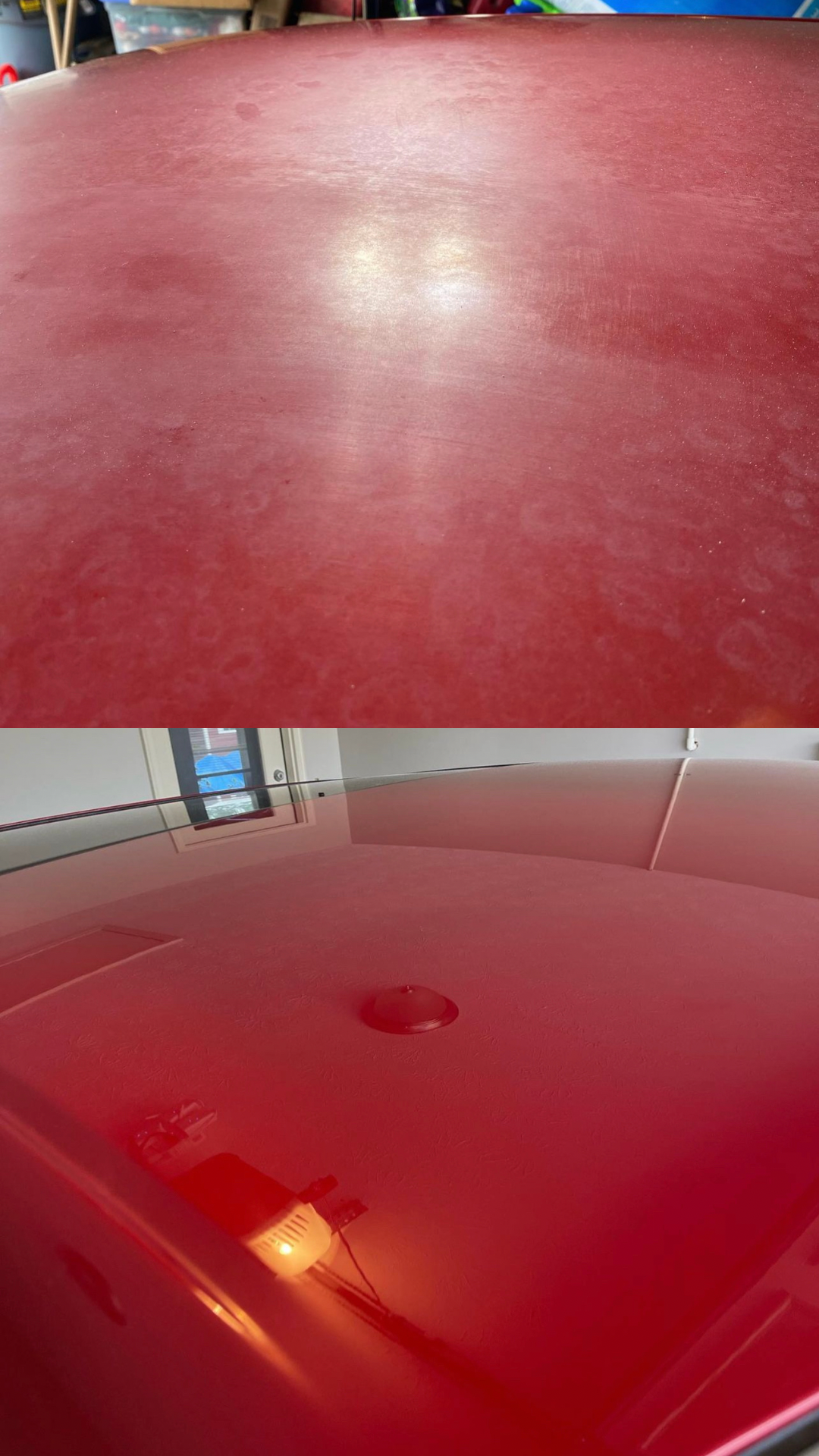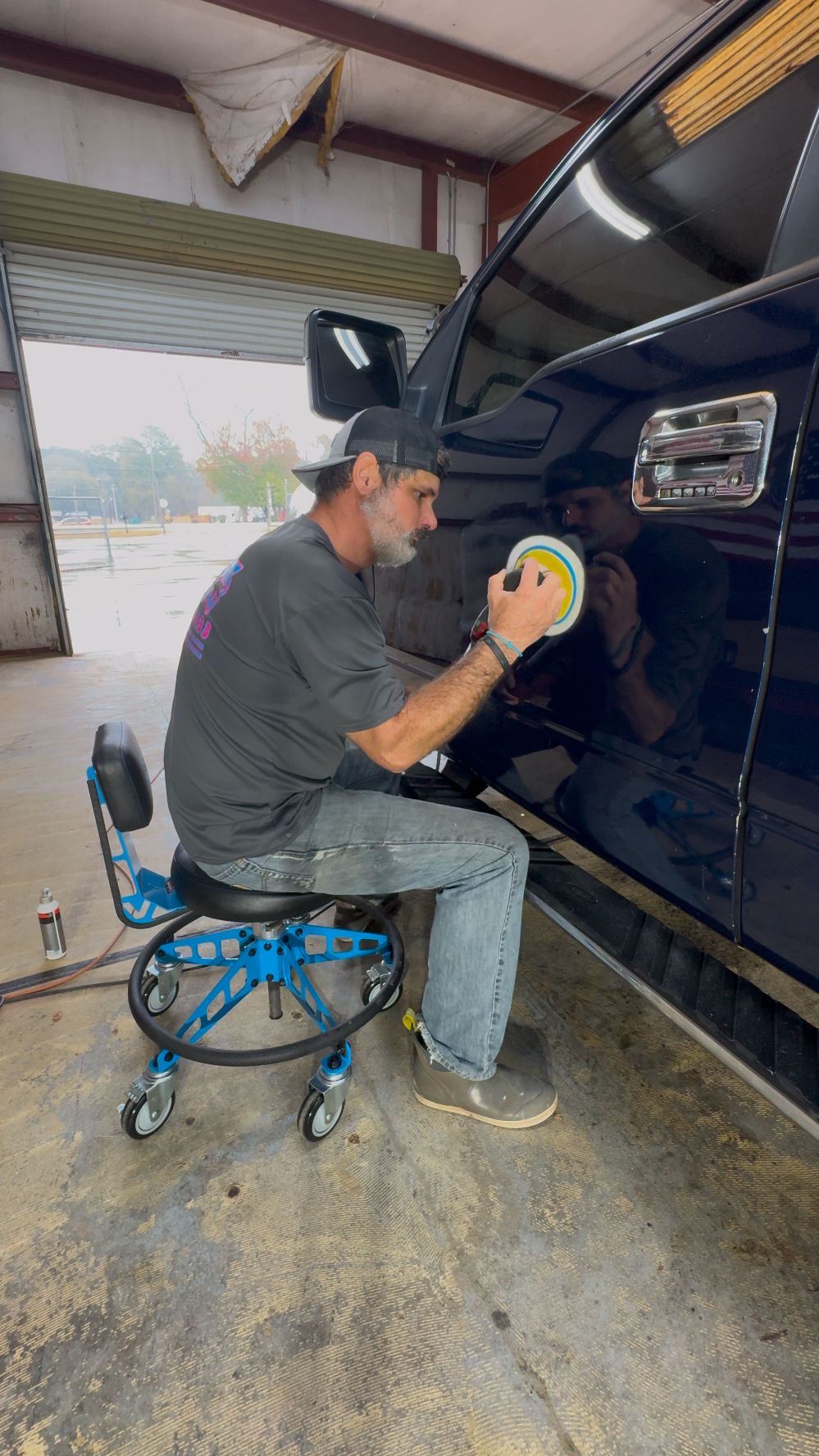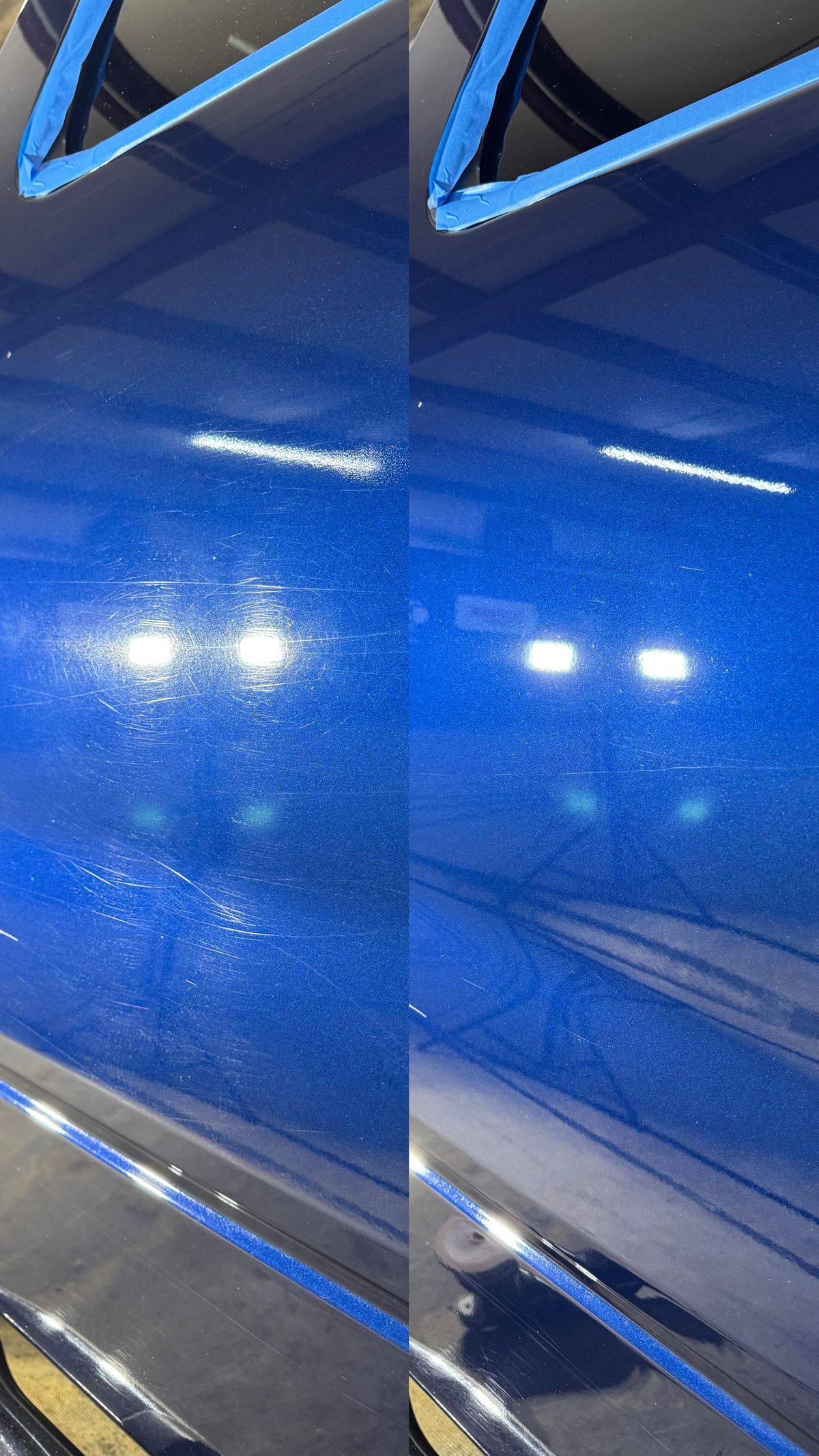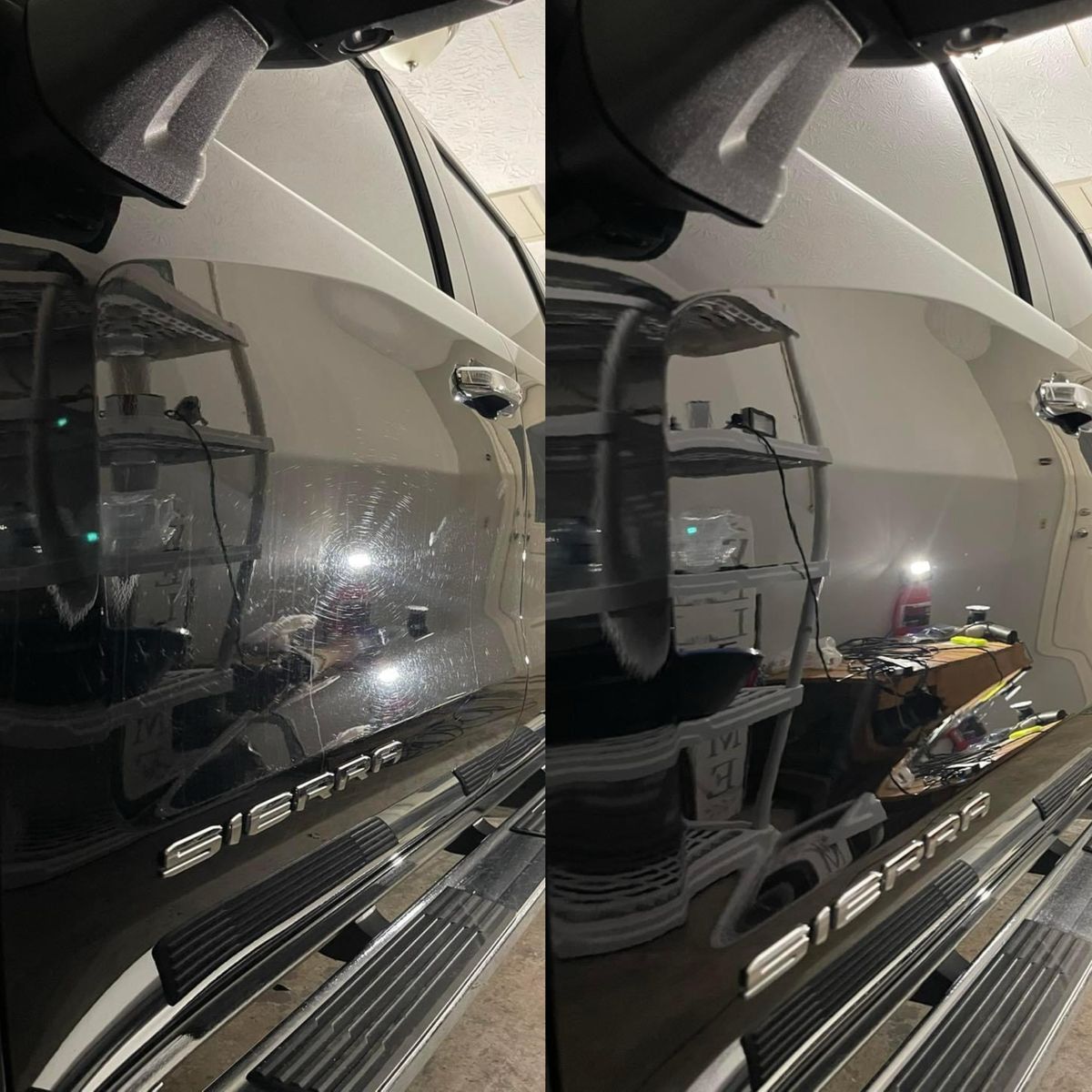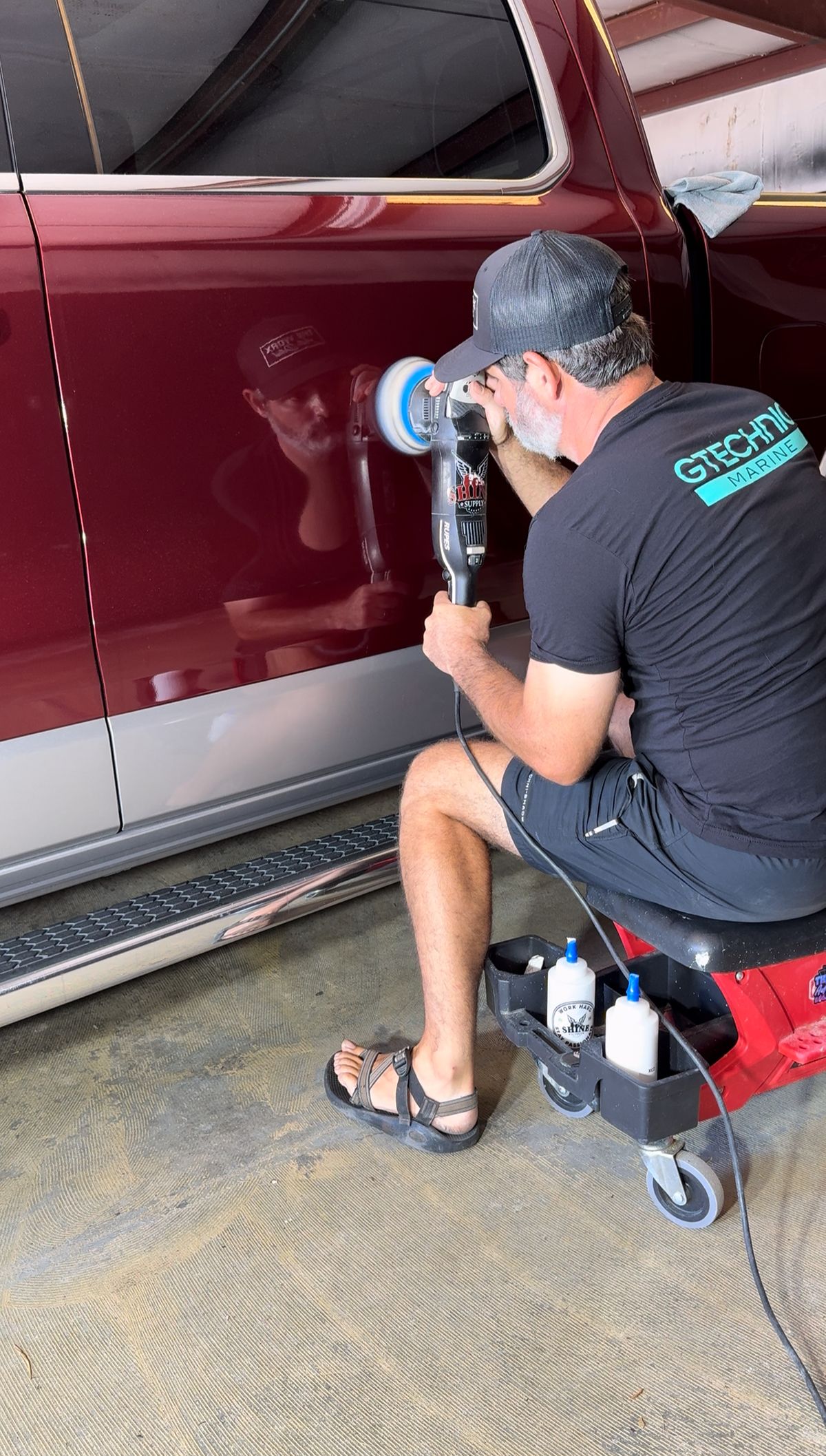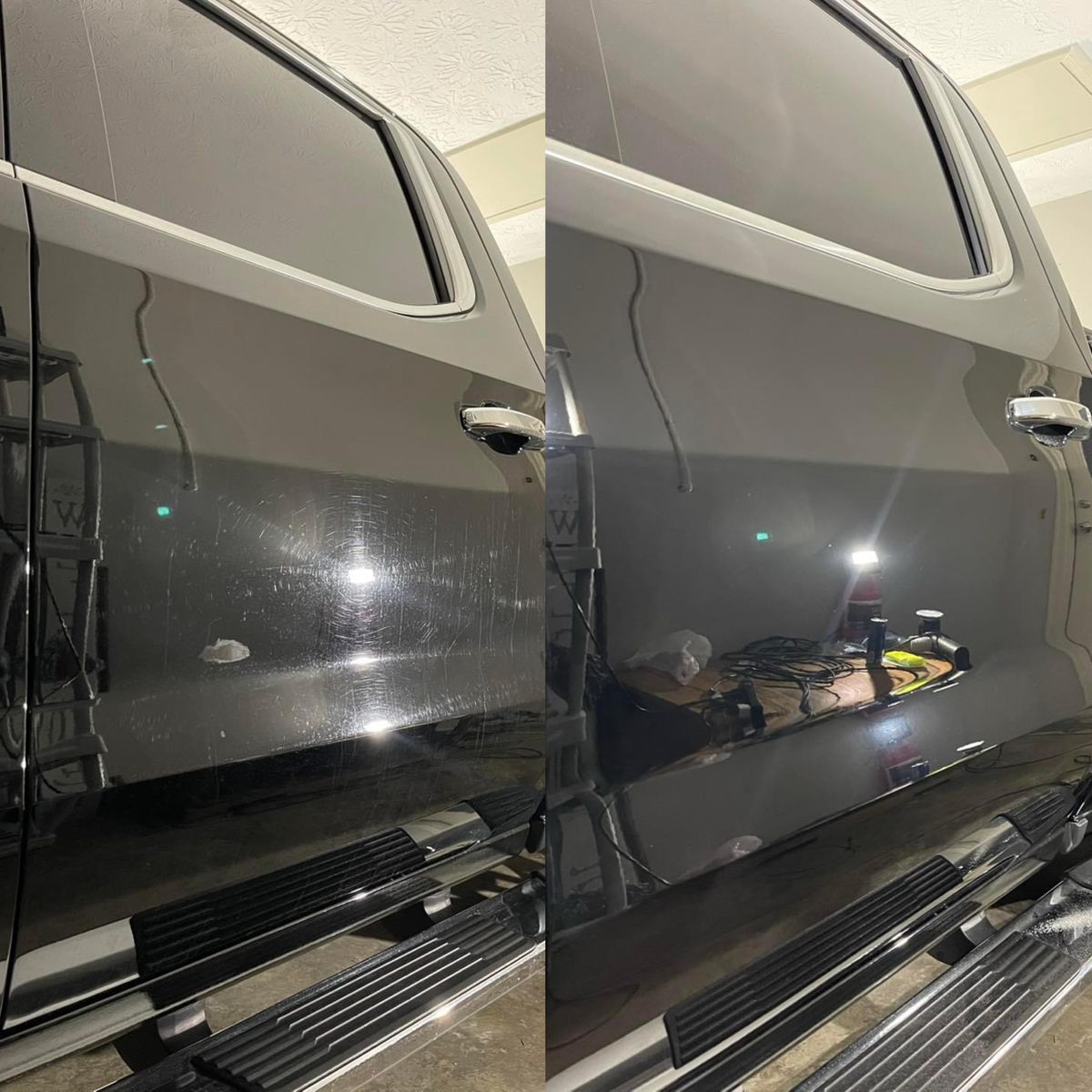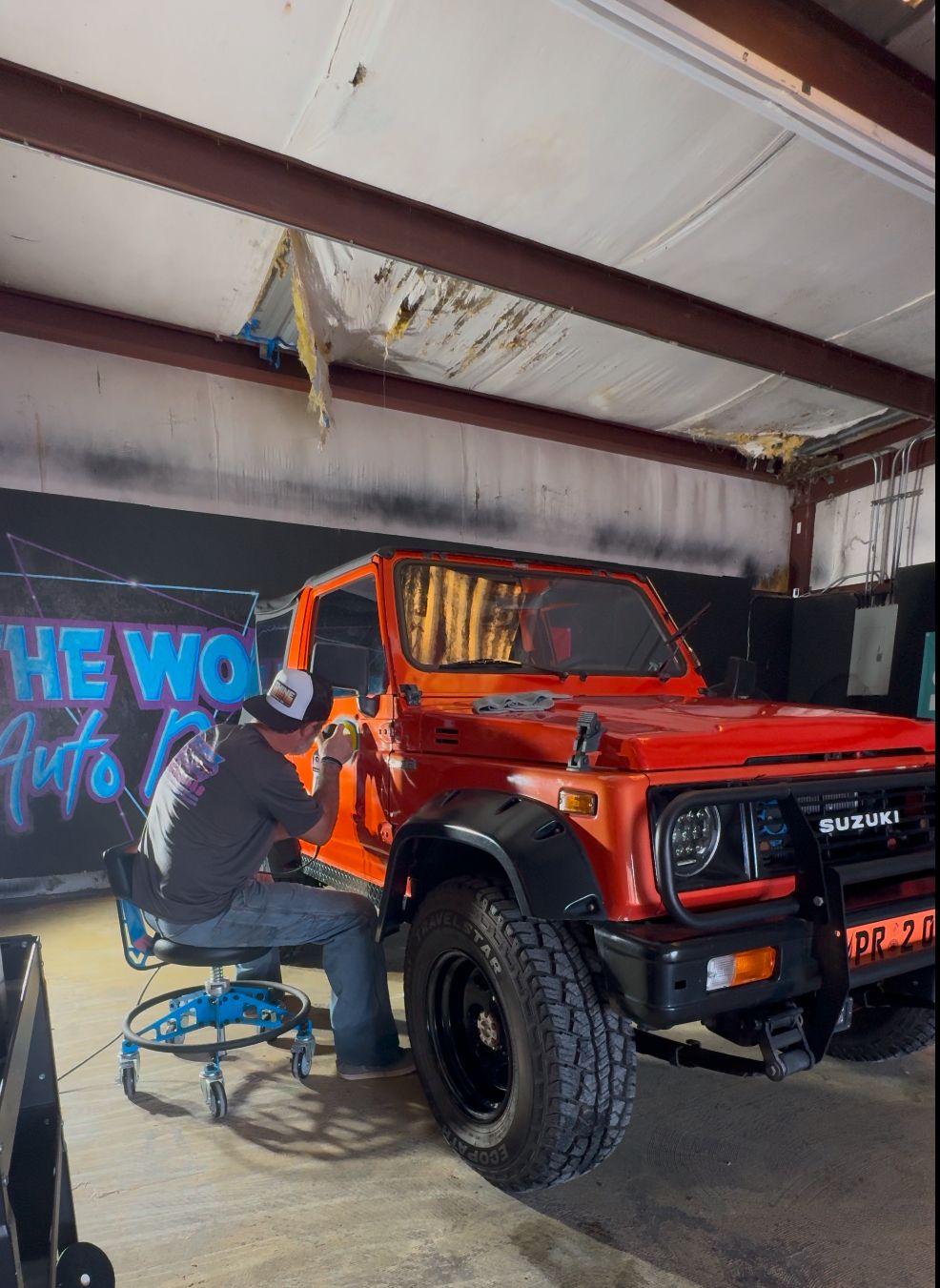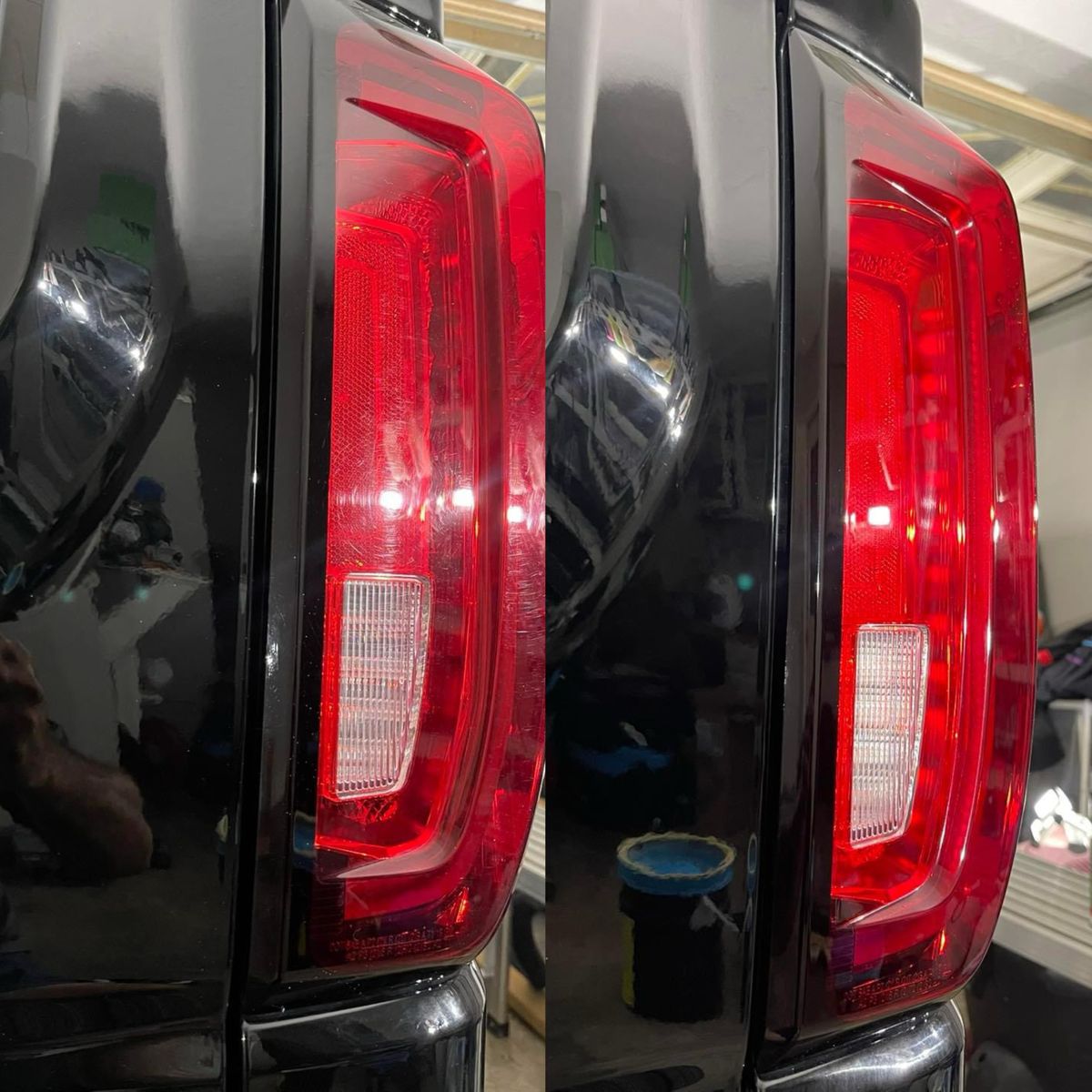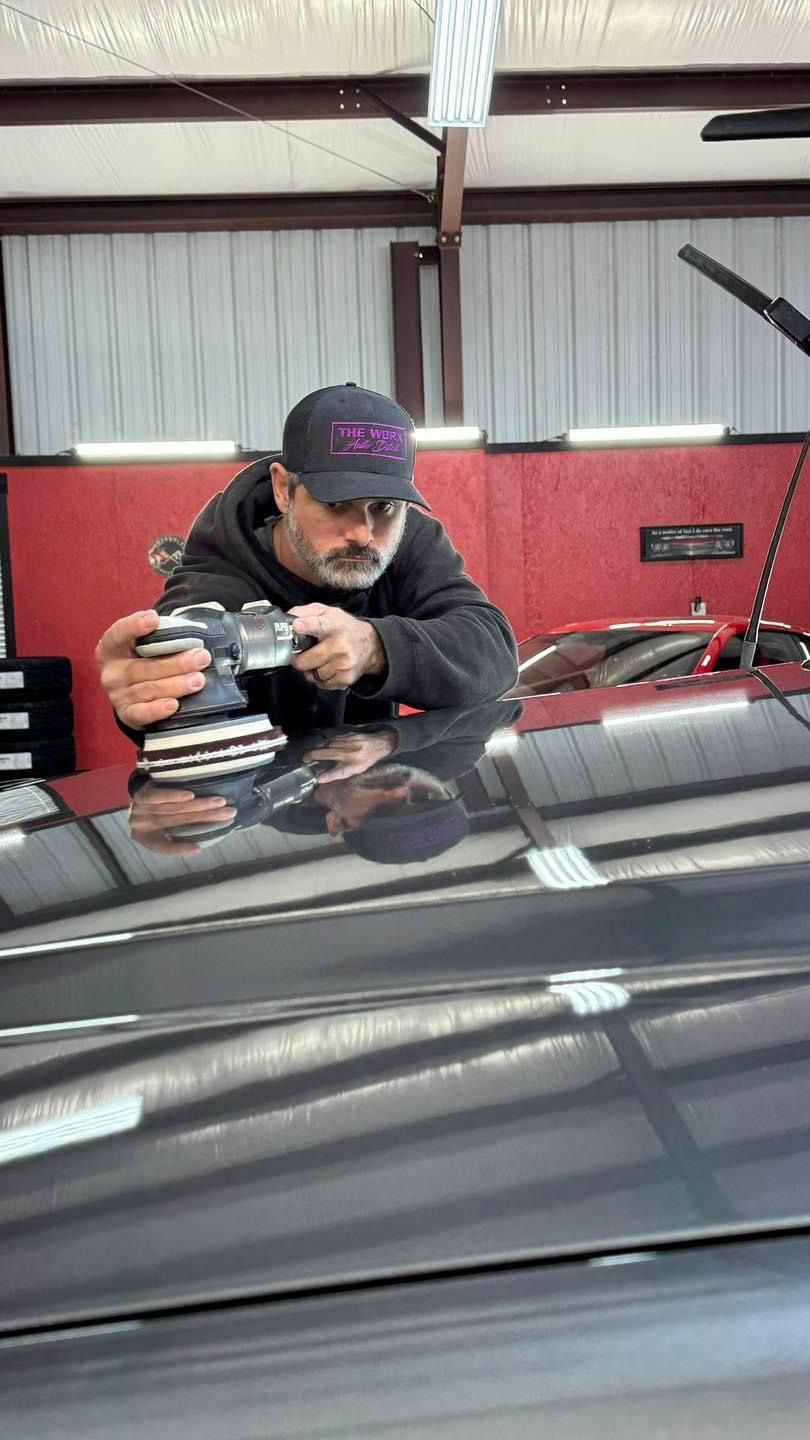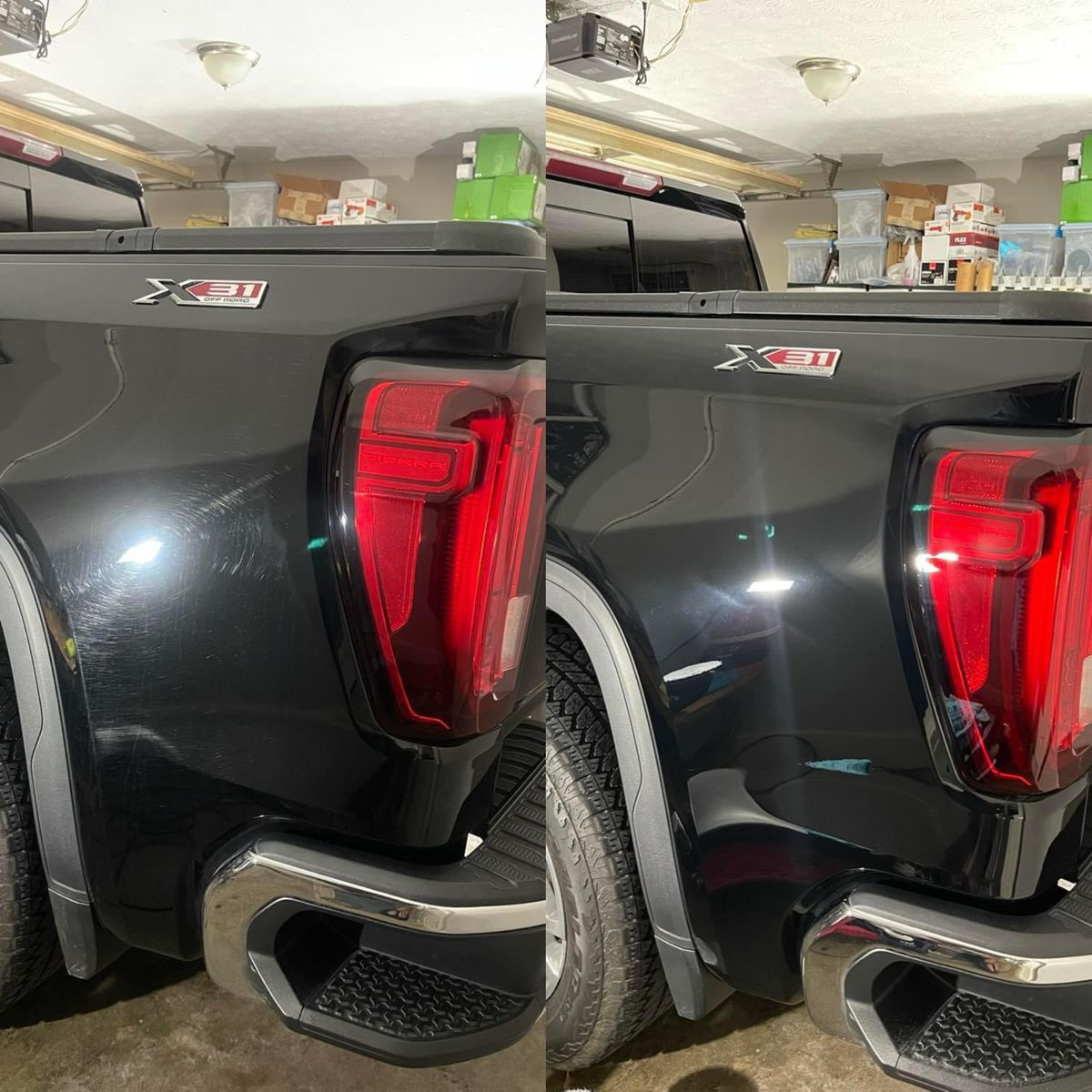Paint correction is a simple and effective way to correct damage to your vehicle's paint. The process has gained unbelievable recognition and respect in the past few decades due to a few contributing factors like specialized machines, major technological advances and improved knowledge and skills.
Paint correction is the process of correcting or removing imperfections in a vehicle’s paint surface. These could range from minor scratches to water spots, buffer holograms, paint overspray, bird dropping surface stains and wipe-down marks, oxidation, and other damage visible on your car’s clear coat.
One of the main benefits of auto paint correction is eliminating imperfections from the surface of your vehicle to improve its appearance. The process helps clean your vehicle’s surface from any damage, which helps increase its lifespan. For instance, if your car’s original paint is faded, you can restore it using a correction service.
The process can take six to 12+ hours, depending on your vehicle’s size, type and condition. Every car requires a different approach and a combination of special polishing machines at different levels.
No. Your vehicle doesn’t require correction paint before ceramic coating. However, you may want to invest in the process to give your car a glossier finish and remove any swirl marks from your vehicle’s surface. While the ceramic coating will still add the gloss and create a strong bond with your car’s exterior surface, it will not be as perfect as it would be when you include the corrections.
During the paint correction service, the vehicle undergoes three stages: the cutting stage, polishing stage and ultra-fine polishing. The cutting stage helps remove defects and swirls in the paint. Polishing is done to create a glossy texture finish and remove minor marks or scratches. Fine polishing isn’t very common, and it’s done to improve the overall appearance of the painted surface.
